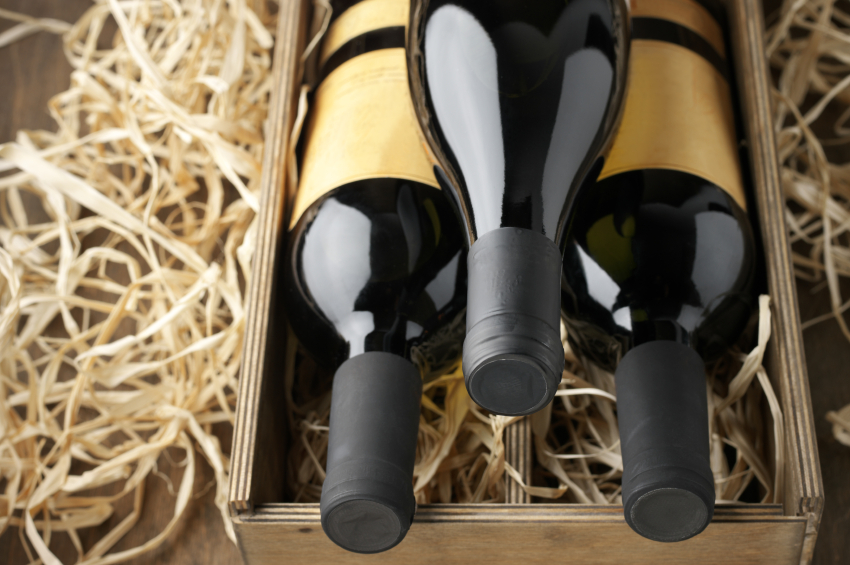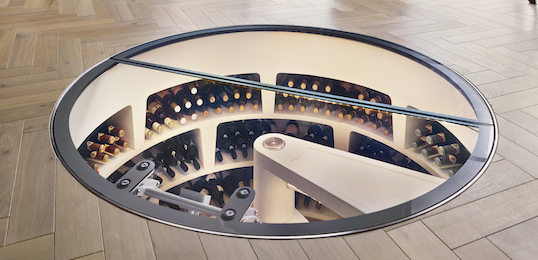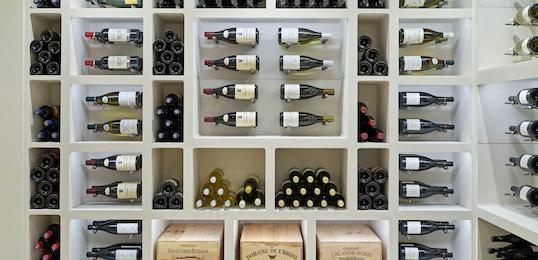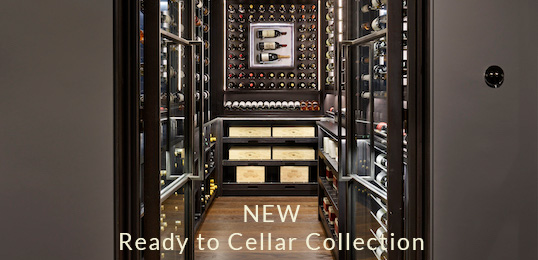At Spiral Cellars, we have focused a fair amount on the environmental changes that our planet experiences and the subsequent affects on wine production. However, is there anything that we can do as wine enthusiasts to help sustain the Earth?
Fortunately, there is; considering to stock environmentally friendly wines. But what is classed as an environmentally friendly wine and how can you tell that it has been sustainably produced?
Why Is Environmentally Friendly Wine Important?
It has become more apparent over the past few decades that many of the practices that humanity undertakes are detrimental to the environment. Although it may be less problematic than many other processes, wine production can also take some of the blame for having a negative impact.

Having previously discussed the effects of climate change on wine production, you can see why many wine makers are making the decision to turn to more sustainable wine production processes. It is not just the environment that will be affected – but their livelihoods, too. As such, many more wine enthusiasts are attempting to do their bit through selecting these tasty, Fairtrade wines.
What Are Fairtrade Wines?
Fairtrade is a label which we can all identify with. There are so many Fairtrade food and drink options which are already available to us, and luckily for those people looking to try a more sustainable wine, there are options for that too.

When purchasing a Fairtrade wine, you can guarantee that the producer is highly concerned with the ethics behind their production process. They are accredited with the Fairtrade label when they can prove that they are consistently abiding by economic and environmental standards which are set out by local authorities.
Although many wines have the Fairtrade label proudly displayed on the bottle, there are many other wines which abide by the Fairtrade standards – you just need to look for them. You can even find out more information on what Fairtrade actually means for wine over on the official Fairtrade website.
Organic Wine
We are part of a society where organic food is becoming ever more prevalent, as well as favoured and encouraged, meaning more and more producers are keen to boast the organic stamp of approval.

However, not all organic wine is necessarily organic – at least not internationally. Whether a wine is considered organic or not depends on where it was produced. You can check whether the grapes that have been used in the wine are classed as organic, but it does require a bit of research; what’s considered organic in France may not be organic in Australia.
Most organic wines will have some form of certification to prove that the growing process used abides by that specific country’s organic approaches. The best way to ensure their organic status is to visit the wine producer’s website – or better still, their vineyard! Here, you can find out all about their wine growing and making processes to see if they align with your view of what organic really means.
Although many conclude that the traditional practices of wine production may be under threat, or at least forced to adapt, it is important to realise that there are things that we, as enthusiasts, can do to help; filling up your wine cellar with sustainably produced, environmentally friendly wine can be your first step.





